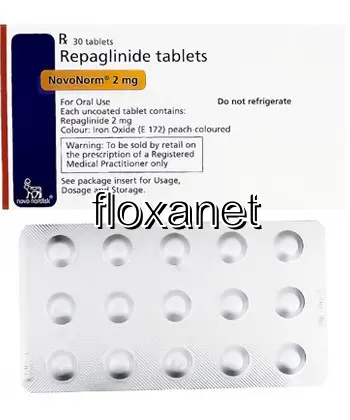| Package | Dosage | Price | Price per Dose | |
|---|---|---|---|---|
| Dosage: 0,5mg | ||||
| 360 pill | 0,5mg | NZD537.68 | NZD1.50 | |
| 180 pill | 0,5mg | NZD282.85 | NZD1.57 | |
| 120 pill | 0,5mg | NZD191.68 | NZD1.59 | |
| 90 pill | 0,5mg | NZD149.60 | NZD1.66 | |
| 60 pill | 0,5mg | NZD105.18 | NZD1.75 | |
| 30 pill | 0,5mg | NZD63.10 | NZD2.10 | |
| Dosage: 1mg | ||||
| 360 pill | 1mg | NZD857.96 | NZD2.38 | |
| 180 pill | 1mg | NZD446.50 | NZD2.48 | |
| 120 pill | 1mg | NZD313.24 | NZD2.62 | |
| 90 pill | 1mg | NZD259.47 | NZD2.88 | |
| 60 pill | 1mg | NZD177.65 | NZD2.95 | |
| 30 pill | 1mg | NZD105.18 | NZD3.48 | |
| Dosage: 2mg | ||||
| 360 pill | 2mg | NZD1,372.28 | NZD3.81 | |
| 180 pill | 2mg | NZD715.35 | NZD3.97 | |
| 120 pill | 2mg | NZD486.24 | NZD4.04 | |
| 90 pill | 2mg | NZD383.38 | NZD4.25 | |
| 60 pill | 2mg | NZD268.83 | NZD4.47 | |
| 30 pill | 2mg | NZD151.94 | NZD5.10 | |

Repaglinide Description
Introduction to Repaglinide
Repaglinide is an oral medication commonly prescribed for the management of type 2 diabetes. It belongs to the class of drugs known as meglitinides or secretagogues. This medication works by stimulating the pancreas to produce more insulin, which helps control blood sugar levels after meals. It is often used as part of a comprehensive diabetes treatment plan that includes diet and exercise.
Mechanism of Action
Repaglinide acts on the beta cells in the pancreas, prompting them to release insulin in response to elevated blood glucose levels. The drug's rapid onset allows it to be taken shortly before meals, providing postprandial blood sugar control. Its short duration of action also means it needs to be taken multiple times daily, usually before each main meal, to maintain optimal blood glucose levels throughout the day.
Effectiveness and Benefits
Many users report that Repaglinide effectively helps to lower their blood sugar levels when taken correctly. It is particularly helpful for patients who experience significant blood sugar spikes after meals. Because of its quick action, it can be a useful alternative for those who require flexibility in timing or who experience issues with other diabetes medications. Additionally, its ability to control post-meal blood glucose may help reduce the risk of long-term complications associated with diabetes, such as nerve damage, kidney issues, and cardiovascular disease.
Possible Side Effects
Although generally well tolerated, Repaglinide can cause side effects in some individuals. The most common include hypoglycemia, which can occur if the medication causes blood sugar to drop too low. Symptoms of hypoglycemia include sweating, dizziness, weakness, and confusion. Other potential side effects include weight gain, gastrointestinal discomfort, and allergic reactions. It's important for users to monitor their blood sugar levels and report any adverse effects to their healthcare provider.
Precautions and Interactions
Patients should inform their healthcare provider about all medications they are taking to avoid drug interactions. Repaglinide may interact with other drugs such as gemfibrozil, which can increase its effects, or certain antibiotics and antifungals that may alter its metabolism. It is crucial to follow prescribed dosages and timing to minimize risks. People with liver or kidney problems should discuss with their doctor whether Repaglinide is an appropriate treatment option, as adjustments may be necessary.
Usage Guidelines
Repaglinide should be taken exactly as prescribed by a healthcare professional. Usually, it’s taken 15 to 30 minutes before each meal, with the dose adjusted based on blood sugar response. Missed doses should be taken as soon as remembered if it is close to mealtime. If it is almost time for the next dose, skip the missed one and continue with the usual schedule. Maintaining regular blood glucose monitoring helps ensure effective management and prevents adverse effects.
Summary
Repaglinide offers an effective option for controlling blood sugar spikes after meals in individuals with type 2 diabetes. Its rapid onset and short duration of action make it a flexible and convenient choice for many patients. However, like all medications, it requires careful adherence to dosing and monitoring to minimize side effects, especially hypoglycemia. With proper medical guidance, Repaglinide can be an important part of a comprehensive diabetes management plan delivering noticeable benefits for blood glucose control and overall health.
